- Stupid Things I’ll Never Do When I Get Old – Steven Petrow Retirement Wisdom 38:36
Can learning from your parents’ mistakes help you age gracefully? In his 50s Steven Petrow began a list of things he was observing that he vowed never to do when he became old. Now in his 60s, he has a different appreciation of his observations. Listen in to a fascinating conversation as Steven shares his humor and insights on making smarter choices to age gracefully.
__________________________
Bio
Steven Petrow is an award-winning journalist and book author who is best known for his Washington Post and New York Times essays on aging, health, and civility. He’s also an opinion columnist for USA Today, where he writes about civil discourse and manners. Steven’s 2019 TED Talk, “3 Ways to Practice Civility” has been viewed nearly two million times and translated into 16 languages.
Steven’s new book is Stupid Things I Won’t Do When I Get Old. He is the author of five other books, the most recent of which is Steven Petrow’s Complete Gay & Lesbian Manners. He’s a much sought-after public speaker, and you’re likely to hear him when you stream NPR or one of your favorite — or least favorite — TV networks. Steven also served as the host and executive producer of “The Civilist,” a podcast from Public Radio International and North Carolina Public Radio WUNC.
__________________________
For More on Steven Petrow
How To Age Gracefully (The article mentioned by Jane Brody in The New York Times)
__________________________
One Day University
At One Day University, you can watch hundreds of fascinating talks by the most popular professors from 150 top schools.
A special offer for listeners of The Retirement Wisdom Podcast: learn more and start your two-week free trial at www.onedayu.com/wisdom
Check out the video library to see what interests you.
__________________________
Wise Quotes
On Being a Perrenial
“There are many ideas that were good for a long time – and then they’re not anymore. And then of course there are new ideas that come into vogue – and one of the new ideas that I talk about is this notion of being a perennial. So we’re very divided by our generation. We have the Greatest Generation. We have the Boomers, Millennials, Gen X, Y, and Z. And in a way, those are divisions that keep us apart. And so I like this notion of being a perennial. Anybody can be a perennial, whether you’re 25, 64 like we are, or 85. It’s an attitude. And it’s an attitude of being involved and curious and often having friends of different generations. So this is like a new behavior that we can start to adopt. That is very gratifying. I’ve had the experience several times, especially with multi-generational friends, but also I’m having younger folks really kind of keep me in the swim of what’s happening in life. And I think that’s important to all of us.”
On Adapting
“The thing I saw most, especially I’ll say with my Dad – and I think this is somewhat of a male condition. He was very independent, very stubborn. He always liked to do things his way, and he really did not want assistance in general. And he did not want his three kids to be providing any kind of help – I’ll say it in air quotes. And we were very aware of the sort of family dynamic and the generational dynamic and did not want to be telling our father what to do. Both because we knew that that was futile and that that’s really not how we were approaching these problems, especially when he was falling a lot. So we tried to give him tools and he rejected most of them. And then he continued to fall and he died. He died from a series of falls. And what really struck me was his own father had died from a series of falls. And my Dad had been trying to help his Dad not do that. So in a way, I feel like I have a greater awareness of these issues. And I’m hoping that by having written them down and made a pledge, I will do better. And you know, that I will use that walker when I need the walker, or I will install the grab bar in the shower when I need it. But I also worry that I have this heritage stubbornness in me that may get in the way when the time comes. We’ll see about that. But what really happened was my Dad’s world got smaller by many of the decisions that he made. And we were trying to help him keep an open mind and involved in the world, which mattered so much to him. And that was painful.”
On Values
“We grow up and we work hard and much of the way people are valued in this society is on what’s your job title? How much do you make? What is your house looks like? Sort of these very tangible things. And I often refer to them as resume values. And I’ve seen this shift in myself and I’ve seen a shift in some others. And I think you’re an example of where you kind of move from resume values to – I really like this phrase – eulogy virtues. And those are the kinds of things you would hope that people might say about you when you die. I don’t really want someone to say when I died: Oh, well he was the senior vice-president at this or that. Or he had a three or four-bedroom house. I’m hoping people will say he was kind, he was generous. He liked his friends. He was good to his friends, his family, so on and so forth, whatever those things are. And I think this is kind of the shift in balance that I’m talking about here that becomes more important. It also becomes important for another reason because as we get older, we’re not in the same current professionally as we were when we were in our thirties and forties. And there is ageism in the workplace. And should you lose your job in your fifties or sixties, it’s much more difficult to get another job. And so if we’re defining ourselves against the standard that we had when we were 40, we’re going to come up short. So it also helps us to redefine the standard, how we’re trying to evaluate ourselves to play to our strengths and who we are these days.”
_______________________
Podcast Episodes You May Like
What Can You Do to Age Better? – Anna Dixon
The Skill Set for Life’s Transitions – Bruce Feiler
Retirement Planning Includes Getting Good at Getting Older – Rabbi Laura Geller
Successful Aging – Daniel Levitin
From Role to Soul – Connie Zweig
How Can You Be Better with Age? – Alan Castel
___________________________
About Retirement Wisdom
You haven’t worked this hard for so long to have a mediocre post-career life.
It’s your time. Make your new life special.
Work one-on-one with our Certified Designing Your Life Coach to explore alternative visions of your future and develop the pathway that’s right for you.
Take the first step toward your next life. Schedule a free call.
___________________________
Retire smarter.
Explore retirementwisdom.com with free tools and resources to retire smarter and age gracefully, including 4 seasons of podcast episodes of conversations with interesting guests.






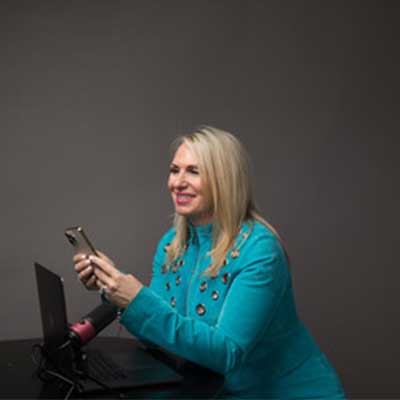


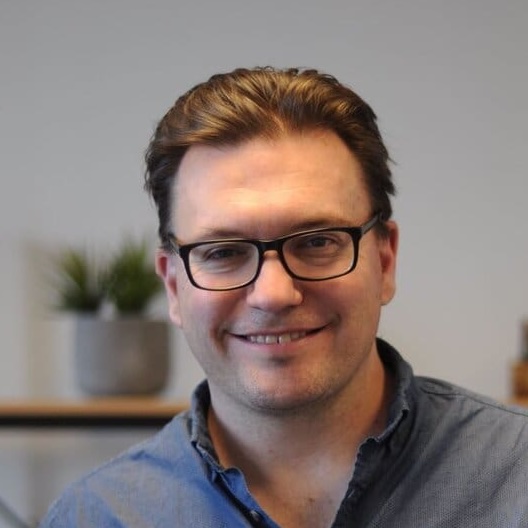




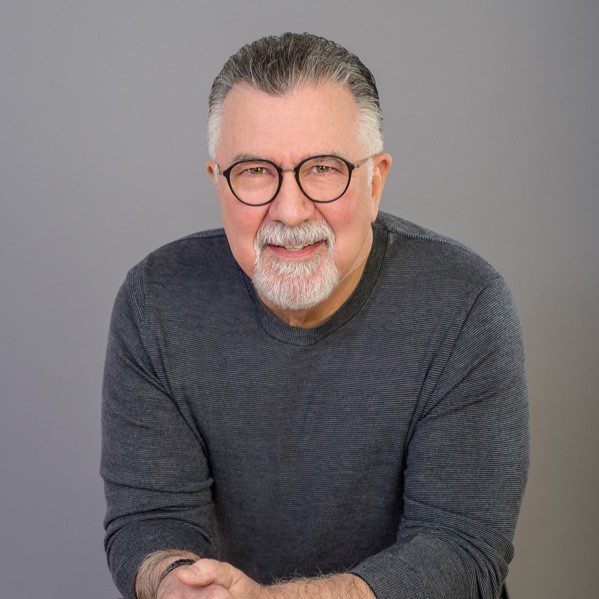
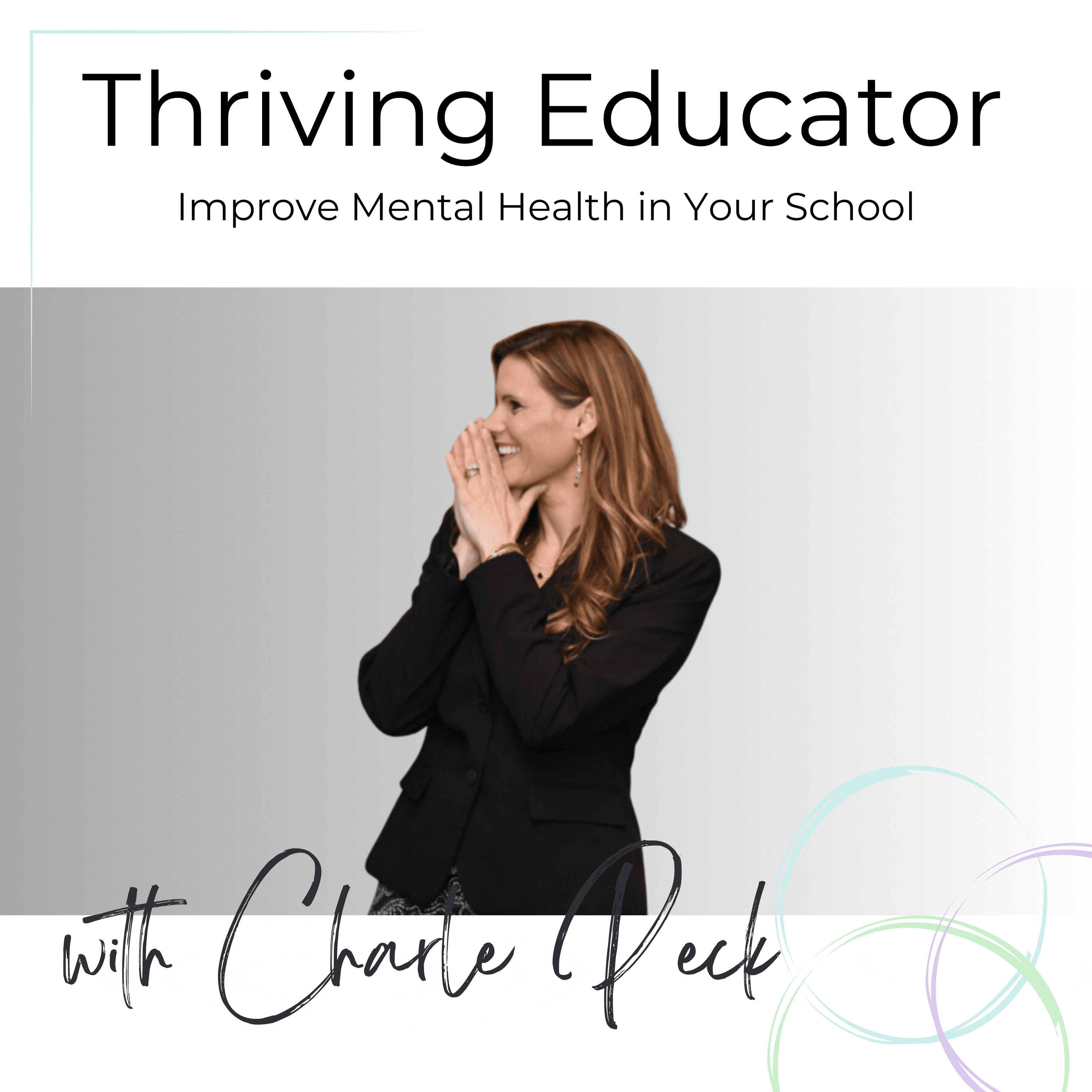


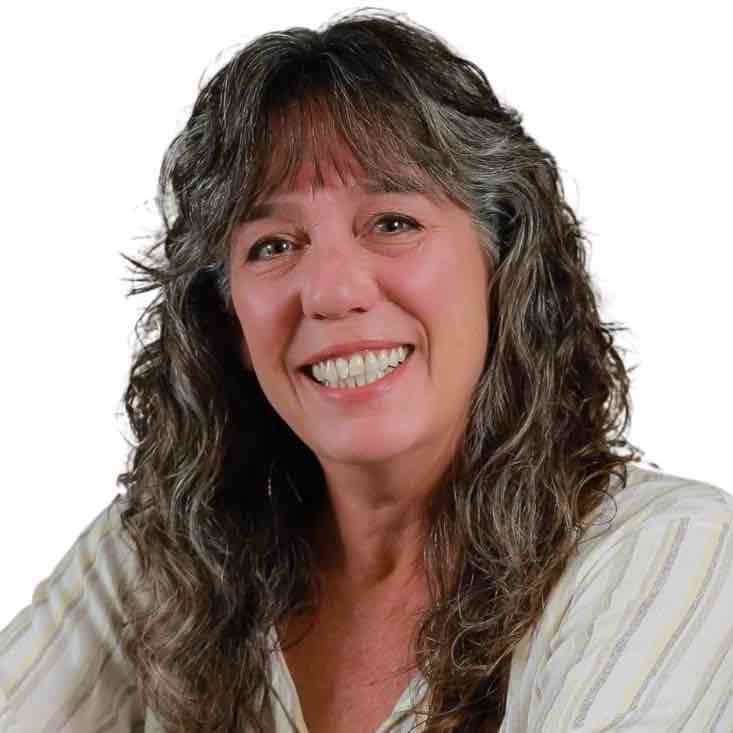


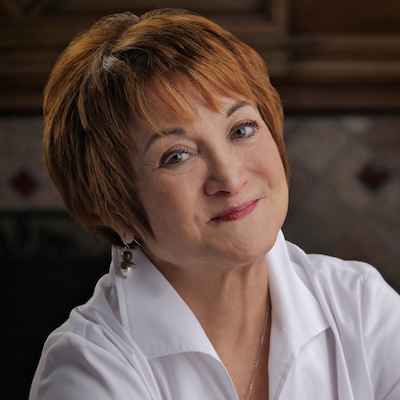







Already a Member? Login Here.
Not Yet a Member? Join the Conversation Today!